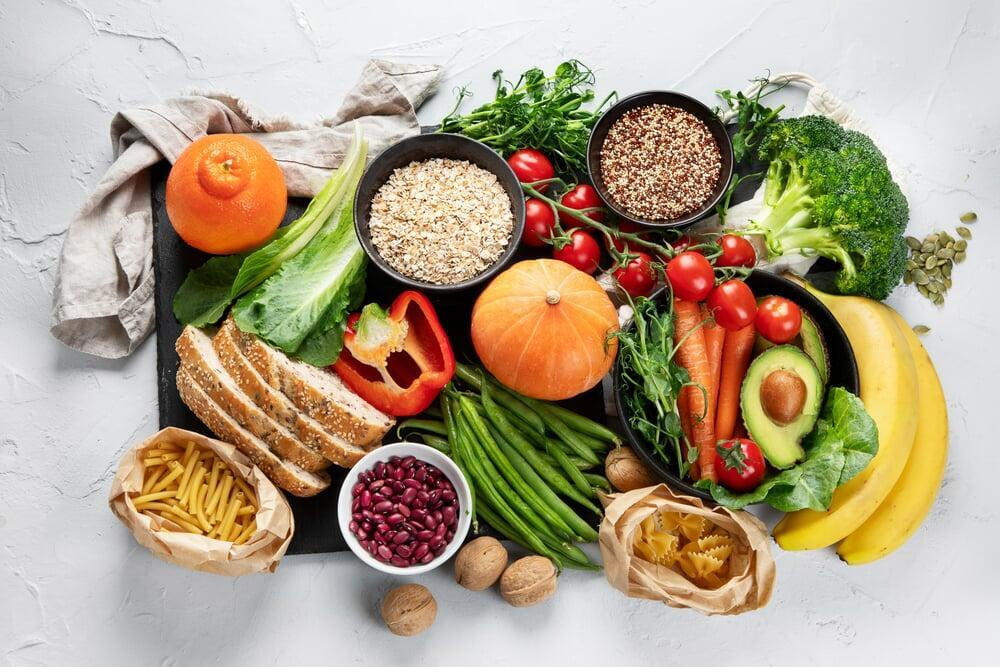
What are the Top Fibre-Rich Foods?
1. Whole Grains
2. Fruits and Vegetables
3. Nuts and Seeds
Benefits of Including Fibre in Our Diet
1. Regulation of Blood Sugar Levels
2. Heart Health
2. Digestive Health
2. Weight Management
Tips for Incorporating High Fibre Foods
Boosting your daily fibre intake can be both easy and delicious. Here are some practical strategies to seamlessly incorporate more fibre into your diet:
Energise Your Mornings: Kick off your day with a fibre-rich breakfast. Choose options like multigrain porridge, high-fibre muesli, or bran muffins. These choices not only provide a good fibre boost but also offer sustained energy.
Smart Snacking: Swap out processed snacks for fibre-filled alternatives. Munch on fresh fruits, raw vegetables, nuts, or seeds. These snacks are not only high in fibre but also packed with essential nutrients.
Incorporate Legumes: Legumes are an excellent source of fibre. Add beans to your salads, stir lentils into your soups, or use chickpeas in your stews. They add texture and nutrition to any meal.
Choose Whole Grains: Make a conscious choice to pick whole-grain products. Select whole-grain bread, pasta, and brown or wild rice over their refined counterparts. These whole-grain options retain their natural fibre content and nutrients.
Increase Gradually: To avoid potential digestive issues, increase your fibre intake gradually. A sudden surge in fibre consumption can lead to bloating or discomfort. Allow your body time to adjust.
Stay Hydrated: As you increase your fibre intake, it’s crucial to drink plenty of water. Adequate hydration helps fibre do its job effectively and promotes better digestion.
By integrating these tips into your daily routine, you can effortlessly and enjoyably boost your fibre intake, leading to better health and wellbeing.
The Power of a High Fibre Diet
Embracing a diet rich in fibre from diverse sources like whole grains, fruits, vegetables, nuts, and seeds is essential for optimal health. These foods contribute significantly to improved digestion, heart health, and effective weight management. By thoughtfully incorporating these nutritious options into your daily meals, you can enjoy a delicious, varied diet while reaping the immense health benefits of fibre. Explore the full range of Monster Health Food.
